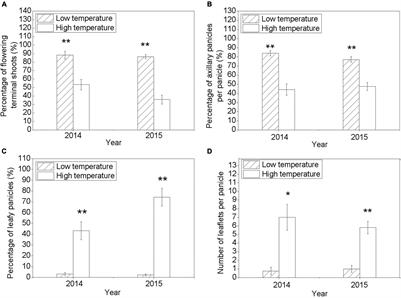EDITORIAL
Published on 26 May 2023
Editorial: Reactive oxygen species in chloroplasts and chloroplast antioxidants under abiotic stress
doi 10.3389/fpls.2023.1208247
- 1,040 views
- 8 citations
4,378
Total downloads
18k
Total views and downloads
You will be redirected to our submission process.
EDITORIAL
Published on 26 May 2023
ORIGINAL RESEARCH
Published on 28 Oct 2022

ORIGINAL RESEARCH
Published on 07 Jul 2022

ORIGINAL RESEARCH
Published on 09 May 2022

ORIGINAL RESEARCH
Published on 24 Feb 2022

ORIGINAL RESEARCH
Published on 14 Dec 2020

